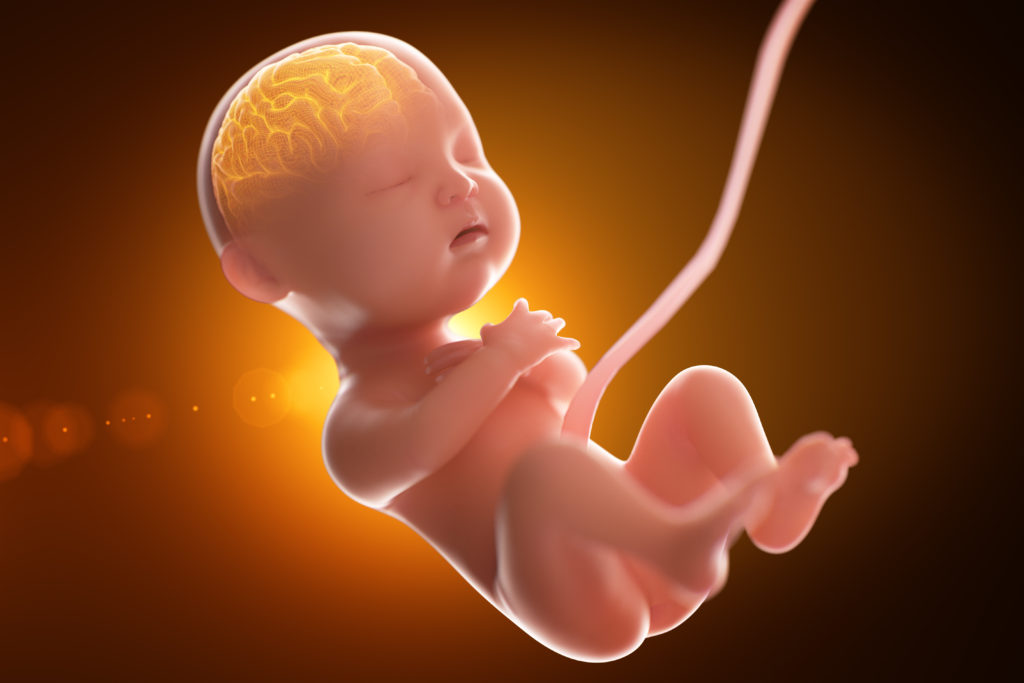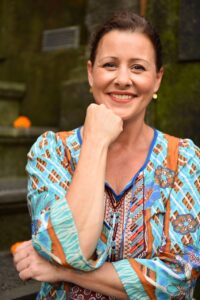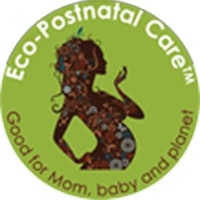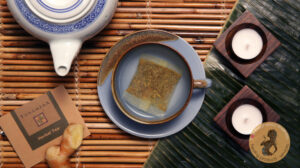from The Mommy Planner
By Valerie Lynn, Author of The Mommy Planer
“Every woman’s recovery from pregnancy and childbirth is as unique as she is.” Valerie Lynn
MATERNITY LEAVE ALONE does not guarantee a healthy, strong, and balanced recovery from childbirth. A new mom needs to manage her own recovery from pregnancy and childbirth, especially within the first 6-8 weeks, and not just let it happen. EVERY woman is susceptible to Postpartum Mental and Anxiety Disorders (PMAD). I was and I overcame it.
YOUR TAKEAWAY
Maternity leave alone is not enough IF a mother’s recovery is not managed. The #1 complication from pregnancy is recovery. Over 1,000,0000 women, or 1 in 7 new mothers, experience Postpartum Mood Disorders (PPMD).
Maternity leave + The Mommy Plan = A Roadmap to Recovery After Pregnancy
Living in a Do-It-Yourself culture
Ladies, we HAVE no choice but to plan for our recovery from pregnancy and childbirth. We live in a D-I-Y culture and self-help world and no one is going to see to our health but us. Don’t risk having a weakened and prolonged recovery from pregnancy and childbirth. It’s NOT supposed to be THAT long!
The female body is incredible. After nearly ten months of pregnancy and then going through the process of birthing a baby the body quickly begins its recovery within hours after the placenta is birthed. A post-baby body quickly begins its hormonal “re-balancing process” due to the severe drop in hormone level from 300% above normal while pregnant to 50% less than normal level. The process of releasing the retained elements of water, fat, and trapped air within the body also begin within a week and normally last up to six weeks. I refer to this period as Phase I: 0 to 6 Weeks – “The Healing Window of Opportunity”.
It is important that a new mother understands that “her body’s healing process, or transition back to a non-pregnant state”, begins much sooner than expected. This realization allows her to manage her recovery through specific post-natal nutrition, personal post-baby body care, and activities. A new mother must work on her overall health in addition to taking care of her newborn. Managing A stronger recovery allows a mother to cope with stress and the demands of a newborn as well as bodily functions such as the supply of breast milk.
The country of Malaysia is a global benchmark as it has the lowest rates of PMAD in the world at just 3%. In Malaysia, evidence-based recovery programs are followed the average recovery time is normally 3-4 months. My tips are based on tenants of the Malaysian postnatal recovery programs.
The following are five essential actions a mother can take from the day she gives birth, do the days and weeks that follow giving birth that positively supports and encourages the body’s natural healing process.
1. Herbal Feminine Wash
NOT a douche. During labor, a woman’s cervix dilates or opens, 10cm to allow for the birth of a baby. Therefore, it must also close 10cm; whether a cesarean or a natural birth has occurred. The first time a new mama wants to get clean she should use an all-natural herbal feminine wash, NOT a douche, that will allow her to cleanse, refresh and deodorize the perineum area. However, more importantly, the ingredients should have anti-inflammatory and anti-bacterial healing properties. It is not uncommon for new mothers to contract an internal infection through the perineum area due to the cervix not fully closing for 4-6 weeks. Tears, wounds and repaired lacerations are also susceptible to bacterial infection. A herbal feminine wash that promotes immediate healing of tears and wounds should be used every day for the first 14 days which is the approximate time for tears and abrasions the be healed. A herbal feminine wash can be used as a wash in the shower/bathtub, peri-spray bottle or as a sitz bath. Nothing should be inserted into the vagina.
If you aren’t familiar with the different ways to prepare and enjoy a sitz bath read this simple post.
https://www.wikihow.com/Take-a-Sitz-Bath
2. Keep taking prenatal vitamins
A new mother should bring her prenatal vitamins to the hospital, birthing center or wherever she gives birth and continue taking them until they are finished. At her six-week check-up, she should consult with her doctor to evaluate how her recovery is progressing as she may need to continue to take her prenatal vitamins for another month or so. A recovering post-baby body continues to have special nutritional needs as when pregnant which the prenatal vitamins contribute to.
3. Replenish EFAs or Omega 3, 6, & 9

A human baby is born with 25% of its total adult brain mass which is the heaviest part of its body at birth. EFAs are the main component of brain development; thus, the condition referred to as, “Baby or Pregnancy Brain” occurs for the mother.
It is vitally important that EFA levels are replenished by making sure her diet is rich in ALL the Omega 3, 6, 9 through oils or foods such as fish and nuts. There is a linkage between low levels of EFAs and postpartum depression. Therefore, the first recommendation we make at Postpartum Support International (PSI), where I am the International Country Coordinator for Malaysia, is for mothers to immediately begin taking EFAs via oil to increase her dietary consumption of the three omegas.
4. Exposure to Chemicals Interferes with Recovery
There is a compelling belief that man-made chemicals interfere with the initial stages of hormonal re-balancing that takes place within the first 7-10 days after birth.
The following are categories of common household and personal products containing chemicals that we may not realize we are exposing ourselves to daily. Chemicals impact our body at the best of times; at one of our most vulnerable times, after childbirth, chemicals have the effect of slowing-down the re-balancing of hormones and release of retained water and fat. It is recommended to avoid or switch to non-chemical based brands during this period.
- Personal care: shampoo, conditioner, soap, moisturizer, toothpaste, cosmetics, lotions, deodorant and additional products.
- Household: Cleaning, dish-washing, air fresheners and so on.
- Agricultural: pesticides, food wax, fertilizers, gardening chemicals, insect repellant and so on.
- Food: preservatives, additives, including processed, caffeine, fast food, junk food, take-out and soft drinks.
Chemicals to avoid are just as important as products to avoid. I regularly refer to the Environmental Working Group website to assess the rating of any product I use. Check out the chemical rating of the products you regularly use – you may be surprised.
5. LIQUIDS: Water, Broths and Herbal Teas
Water isn’t the only element a mother needs for her recovery, the expulsion of built of toxins and a strong supply of breast-milk. In addition to water homemade broths and herbal teas provide nutrition and health benefits at a time when a post-baby body has unique needs.
Water is important, as people are chronically dehydrated but don’t know it. However, water is a diuretic that brings no nutrition to the body. Therefore, a new Mother should consume home-made broths and teas on in addition to her water intake.
1/3: Water
We know water is good for us in many ways, no denying this. Keep your water levels up!
1/3: Homemade broths – Chicken, beef, fish or vegetable.
I recommend drinking broths like you would a hot beverage or replace snacks with a big, hot, cup of broth. It is well known that broths are a highly nutrient dense liquid, containing calcium, magnesium and phosphorus content which are known to boost the immune systems. The minerals from bones are wonderful for healing the body. Broths are a powerful health tonic. This is why chicken soup always makes us feel better when we have a cold. Broths can be made from the bones of beef, bison, lamb, poultry, or fish, and vegetables and medicinal herbal spices are often added.
1/3: Herbal teas
Lactation teas and wonderful feminine herbal tea blends that are specifically for post-pregnancy recovery aid the body with hormonal re-balancing and internal re-strengthening. Such teas restore the circulatory, digestive and metabolic systems that stall after childbirth, as well as promote shedding of the after-birth bleeding, or lochia, at a faster rate strengthening the uterus. Do your research on such teas and make or purchase from a trusted source.
Your own recovery plan
As your body recovers from pregnancy and childbirth wouldn’t you like your own postnatal recovery plan that encompasses the new needs of your body?
- Nutrition
- Meals – Diet Do’s & Don’ts
- Supporting your weakened core
- Womb care
- Perineum care
- Breast care
- Post-baby digestive care
- Re-balancing hormones
- Milestones
For more details email me on valerie@themommyplan.com

Valerie Lynn, known as The Mommy Planner, Valerie has been a major force in introducing and modernizing traditional after birth recovery practices, more specifically the Malay traditions, and treatments to women globally. Through her own 15-month experience of postpartum anxiety and OCD (Obsessive Compulsive Disorder) after the birth of her son in 2007, Valerie turned to traditional feminine healthcare to re-balance her post-baby hormones and heal herself naturally through herbs, feminine-focused massage and an enriching diet.
Her training program, Traditional Postpartum Recovery Practices is being held at the Malaysian Permanent Mission to the United Nations in New York City, and around the world.
Valerie benefited, first-hand, from Eastern medical practices first had while living in Asia for over 16 years and in Kuala Lumpur, Malaysia for 12 years. She researched, wrote and published her first book, The Mommy Plan, in Malaysia by way of the Malaysian Ministry of Health, Traditional Complementary Medicine department. Valerie conducted interviews in hospitals and in the field. Malaysia is leading the world in after birth care as it’s Maternal Health Care policy provides each new mother 6-free, 2-hour body massage, treatments and abdominal wrappings. The result is Malaysia has one of the lowest rates of postpartum depression in the world at just 3.9%. The Mommy Plan is endorsed by several leading childbirth educational organizations in the U.S. and internationally. Her Traditional Postpartum Recovery Practices Training Workshop at the Malaysian Permanent Mission to the United Nations in New York
Valerie’s subsequent cookbook-in-development, The Mommy Plan Recipe Book: Healing Meals: Simple Recipes for New Moms, are recipes based on the postnatal nutritional guidelines in her first book. Recipes from this book are part of her Traditional Postpartum Practitioner course. A training course on the modernization of traditional postnatal recovery practices which covers a change in dietary needs, body therapy, treatments that assist a new Mother’s body to recover in a stronger, faster and more balanced manner.
Valerie serves on many organizations. She is part of the Board of Directors of the distinguished Malaysian NGO YASNITA, “Women’s Pathway to Success” where she serves as an International Advisor on Postpartum Recovery Practices. She is International Country (PSI) Volunteer Co-coordinator for Malaysia of Postpartum Support International, a global organization in 138 countries. She is a Board Member of the International Maternity Institute and the After Birth Project in the U.S. Valerie regularly contributes to articles, books, training programs. She aspires to improve the healing-care of new mothers in the United States and globally which, she believes, will reduce the high rates of postpartum depression. She is an approved speaker for Johnson & Johnson. Valerie resided. abroad for over 20 years with 16 years in Asia. She has lived in Japan, UK, Indonesia, Australia and Malaysia. Currently, Valerie resides in Brooklyn, New York and regularly travels to Malaysia, Southeast Asia and Australia.

